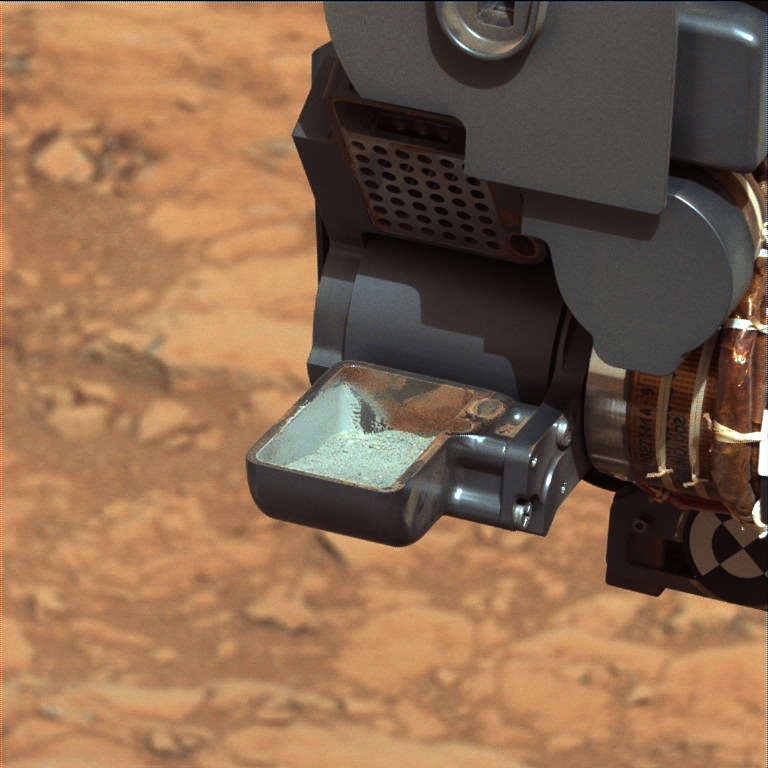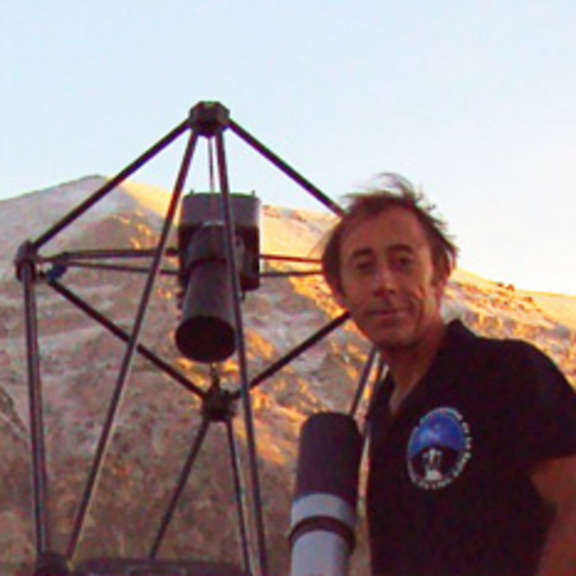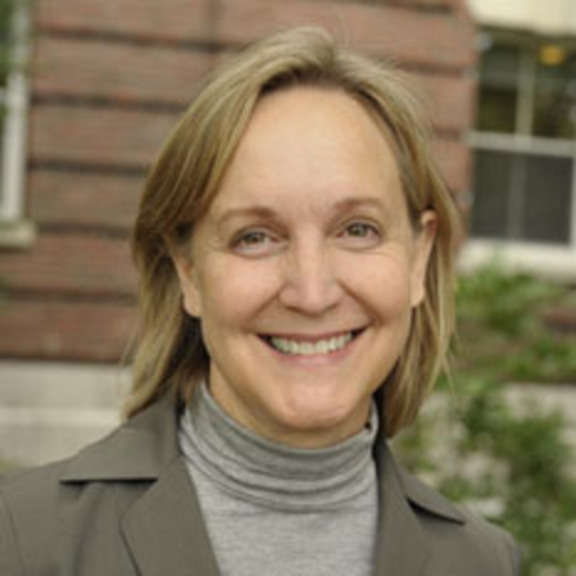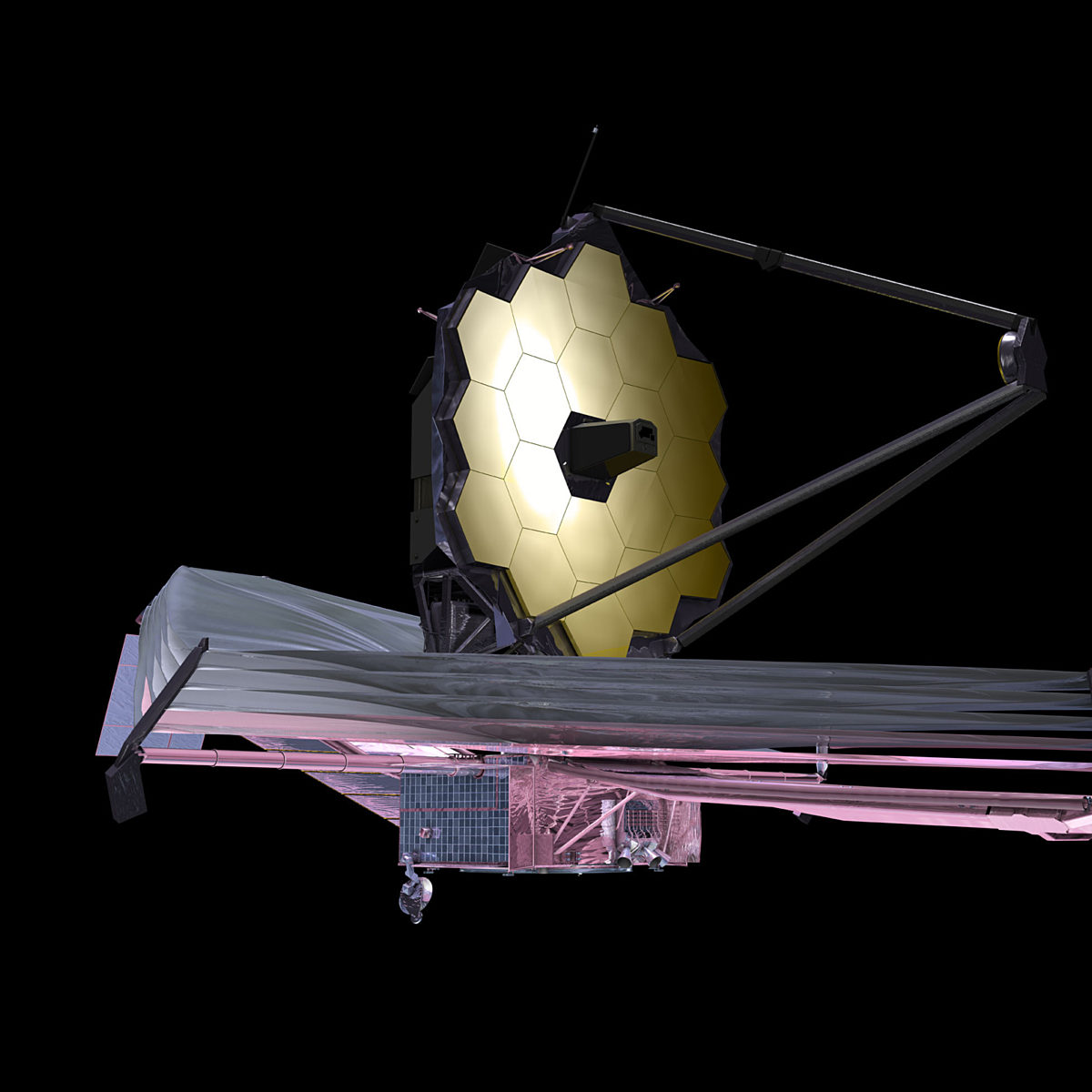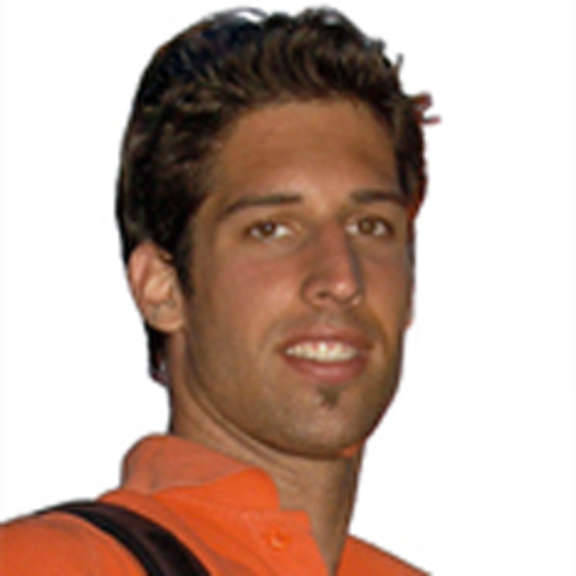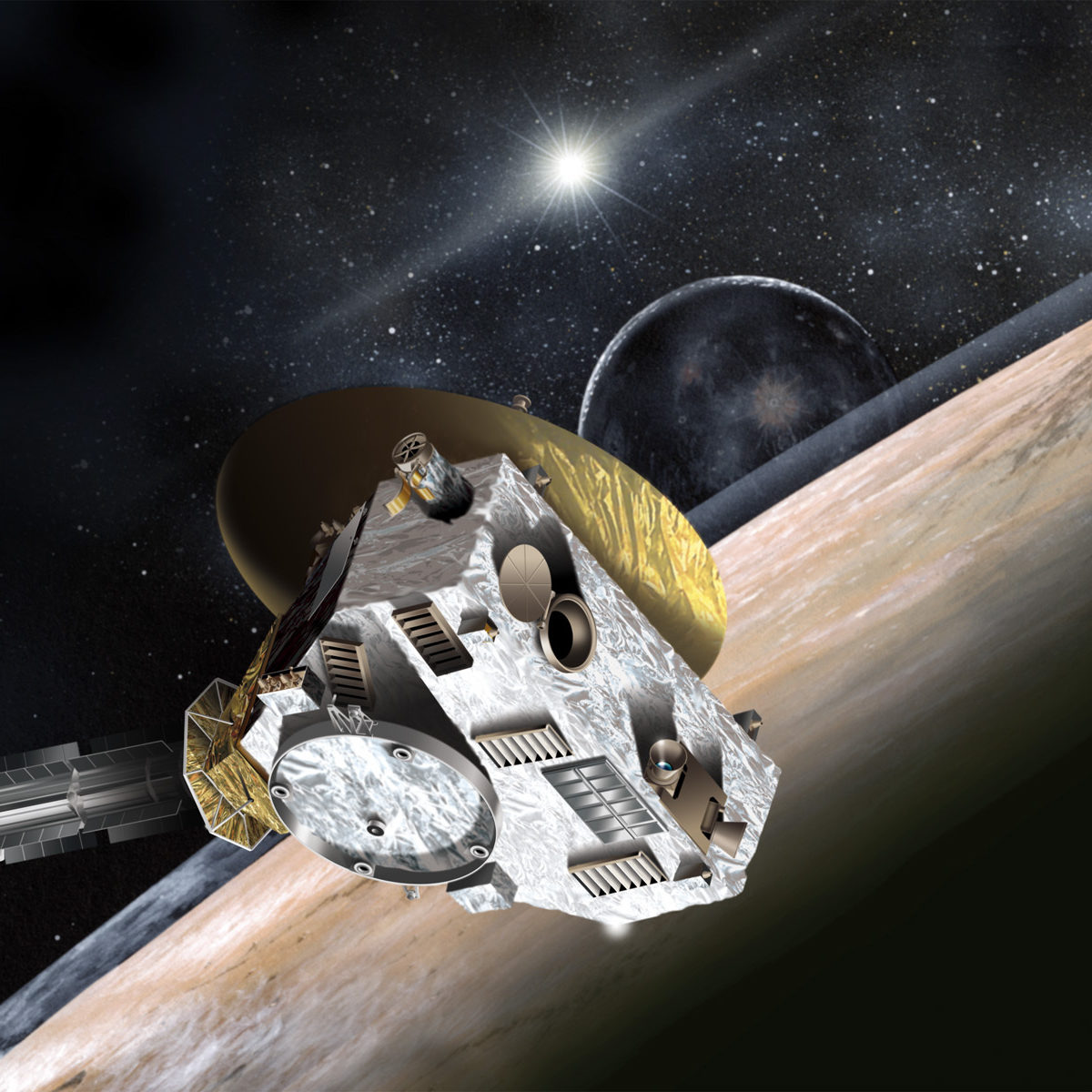Since 2002, Planetary Radio has visited with a scientist, engineer, project manager, advocate, or writer who provides a unique perspective on the quest for knowledge about our Solar System and beyond. The full show archive is available for free.
Search Planetary Radio
The first of two shows about Mat Kaplan's journey to Chile's Atacama Desert for the inauguration of the Atacama Large Millimeter small millimter Array, the most ambitious, Earth-based astronomy project in history.
With the first use of its drill and delivery of samples to its internal instruments, Curiosity is now a fully-functioning science station on Mars. JPL Sampling System Scientist Luther Beegle provides an update.
Alan Stern is back to tell us about Golden Spike, his new company that plans to put human clients on the surface of the moon by the end of this decade.
Chris Lewicki is the passionate President of Planetary Resources. He leads the company's mission to find, capture and deliver asteroids to its space-resource hungry clients.
The 45-meter Near Earth Asteroid flies by on February 15. NASA brought together asteroid experts to discuss it and others of its threatening kind.
Spain’s La Sagra Observatory discovered Asteroid 2012 DA14 just a year ago. Now it’s nearing Earth once again. Jaime Nomen of La Sagra is back to prepare us for this very close flyby.
Yale Professor of Astronomy Debra Fischer is one of our planet’s most successful discoverers of exoplanets. She has set her sights on Alpha Centauri, where she hopes to find a Earth-sized world in the habitable zone: not too hot, not too cold for life.
ALMA will make sharper images than the Hubble Space Telescope, yet it’s a radio telescope! ALMA scientists Alison Peck and Al Wooten tell us about this array of 66 huge dishes in Chile’s Atacama desert.
The 221st meeting of the American Astronomical Society was a great place to learn about the James Webb Space Telescope from Jason Kalirai and Dean C. Hines.
Planetary Society experts review the challenges and triumphs of 2012 and look forward to a new and exciting year. You’ll hear Bill Nye the Science Guy, Emily Lakdawalla on new missions, Casey Dreier on “Saving our Science,” and Bruce Betts’ review of great projects, as well as a musical rendition of “Random Space Fact.”
Our fascinating, live conversation with Curiosity Project Manager Richard Cook and Project Scientist John Grotzinger continues. Richard and John are joined on stage by Bill Nye the Science Guy, Emily Lakdawalla and Mat Kaplan.
The leaders of the Curiosity mission join Bill Nye, Emily Lakdawalla and host Mat Kaplan for a live conversation about the thrilling mission on Mars.
Xavier Dumusque is the young astronomer who was lead author for the announcement of the first exoplanet found in the Alpha Centauri system, just 4.3 light years from Earth. It's also the first Earth-sized world found outside our own system.
Mars Science Laboratory Project Scientist John Grotzinger's fascinating comments at the December 3 press conference, followed by analysis from Emily Lakdawalla.
New Horizons Principal Investigator Alan Stern returns with a Pluto mission update. He also introduces us to Uwingu.
Scientists have revealed the first data gathered by Curiosity, the Mars Science Laboratory Rover, about the Martian atmosphere, while Space Shuttle Endeavour has opened to the public.
It’s called PlanetVac, and it’s an amazingly simple way to collect a soil sample on Mars. Or on the moon. Or on an asteroid. We’ll learn about it from Kris Zacny of Honeybee Robotics.
The 44th Annual Meeting of the AAS Division of Planetary Sciences hosted hundreds of researchers and revealed volumes of scientific results. Join us at the conference.
The Planetary Society's Bruce Betts provides an overview of the Shoemaker NEO grant program, and we meet two dedicated grant recipients.
Emily Lakdawalla reports on Curiosity's discovery of an ancient stream bed, and Endeavour flies over the California plant where it was built.


 Explore Worlds
Explore Worlds Find Life
Find Life Defend Earth
Defend Earth



